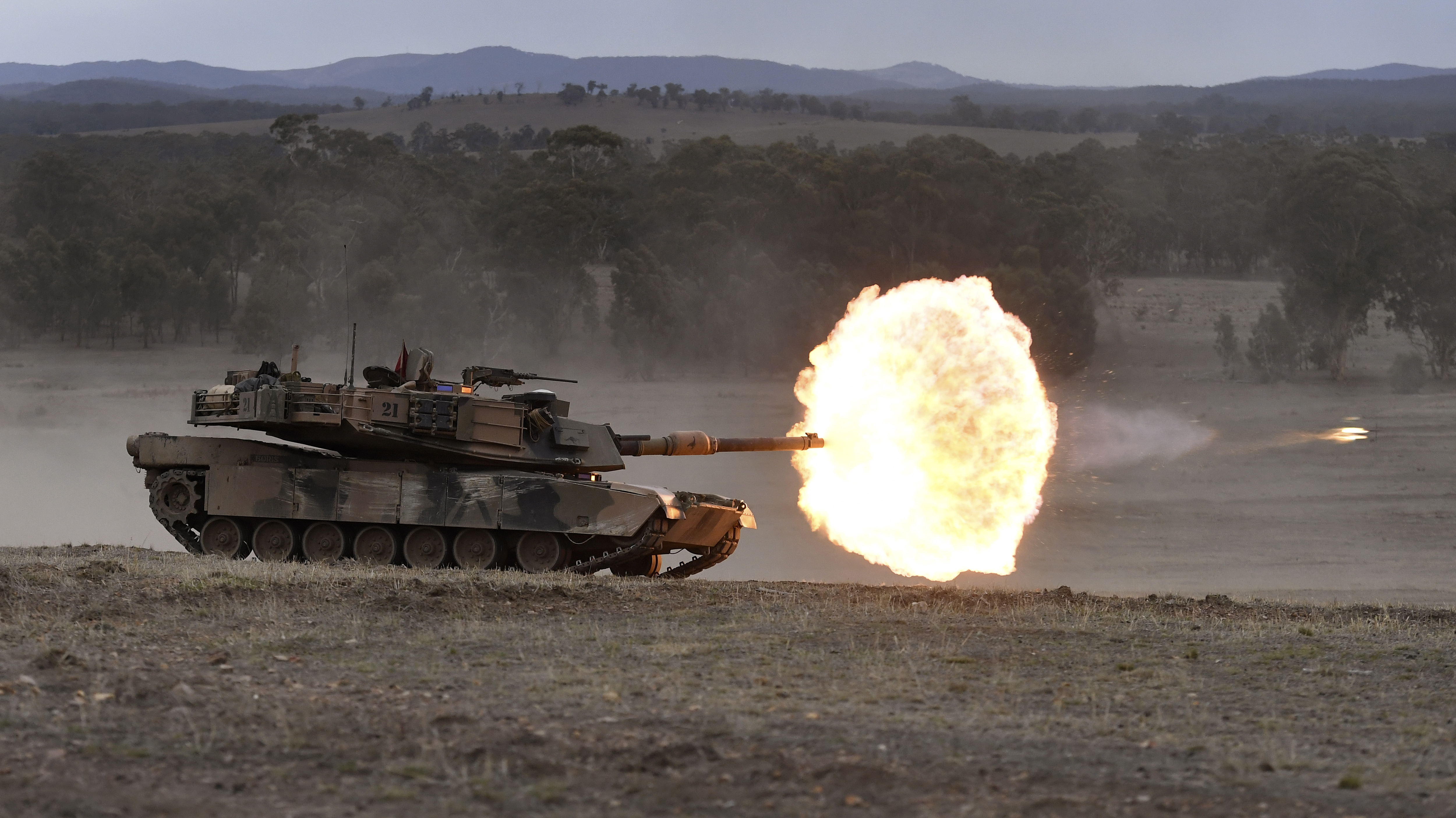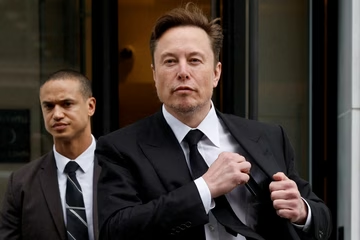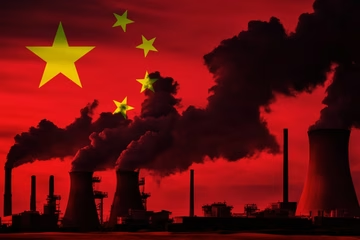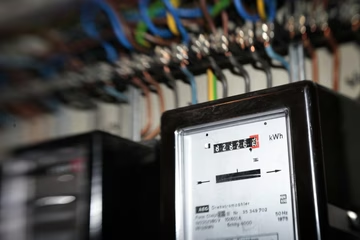
The Trump administration has approved selling Abrams tanks and Stinger missiles to Taiwan, a major potential arms sale that is bound to irk Beijing and comes as the administration seeks to negotiate a major trade agreement with China.
Congress was notified Monday that the State Department had approved both potential sales, which include 108 M1A2T Abrams tanks, plus related equipment, and some 250 Stinger missiles.
Both types of equipment had been requested by Taiwan.
Taiwan's President Tsai Ing-wen said in March that the weaponry she had requested from Washington would "greatly enhance our land and air capabilities, strengthen military morale and show to the world the US commitment to Taiwan's defence."
In response, China's Defense Ministry said Beijing was "firmly opposed to US arms sales to Taiwan and US military contact with Taiwan."
The tanks are valued at up to $2 billion while the portable surface-to-air Stinger missiles are estimated to cost up to $223 million.
The Pentagon's Defense Security Cooperation Agency said that the tank sale serves "US national, economic, and security interests by supporting" Taiwan's "continuing efforts to modernize its armed forces and to maintain a credible defensive capability."
The agency also said that the Stinger missile sale would improve the security and defensive capability of Taiwan, which it called "an important force for political stability, military balance, and economic progress in the region."
Neither sale, the agency said, would "alter the basic military balance in the region."
While the US has long provided arms to Taiwan as part of the 40-year-old Taiwan Relations Act, Beijing has long chaffed at those sales.
"Although China advocates for peaceful unification with Taiwan, China has never renounced the use of military force, and continues to develop and deploy advanced military capabilities needed for a potential military campaign," a report from the Pentagon's Defense Intelligence Agency warned in May.
The report also warned that Taiwan's traditional military advantages over Beijing in the event of a cross-strait conflict were eroding in the face of China's military modernization efforts.
"Taiwan has historically enjoyed military advantages in the context of a cross-Strait conflict, such as technological superiority and the inherent geographic advantages of island defence, China's multi-decade military modernization effort has eroded or negated many of these advantages," the report added, saying that "although Taiwan is taking important steps to compensate for the growing disparities ... these improvements only partially address Taiwan's declining defensive advantages."
Since 2010, the US has announced more than $15 billion in arms sales to Taiwan.
The US has also been locked in a long-running trade dispute with Beijing.
On Sunday, President Donald Trump told reporters that "we're doing very well with China" and that his administration's imposition of tariffs on China had helped the negotiations.
Kakvo je tvoje mišljenje o ovome?
Učestvuj u diskusiji ili pročitaj komentare





 Srbija
Srbija
 Hrvatska
Hrvatska
 Slovenija
Slovenija



























































